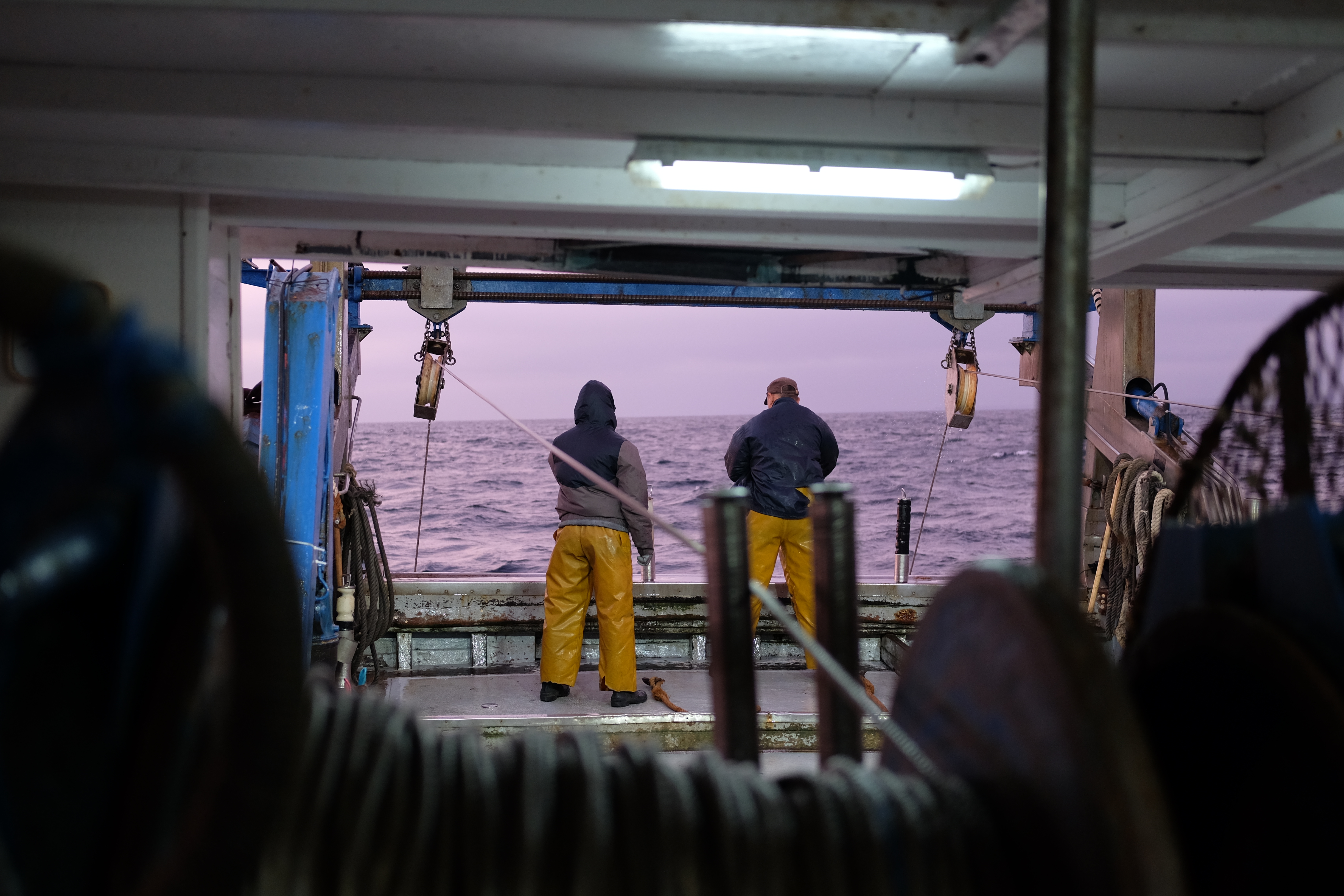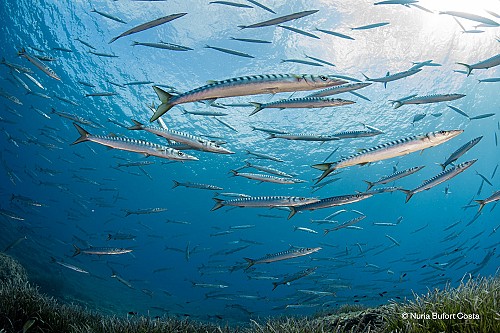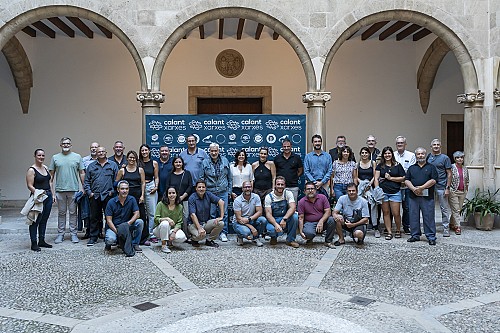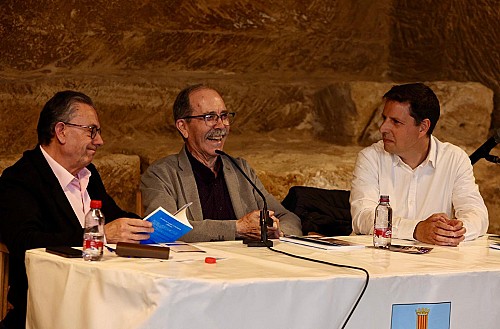Trawler in Balearics. Photo: Annya Crane.
When we imagine what the Balearic Islands will look like in 2030 – in addition to well-preserved marine and coastal ecosystems, abundant marine life, and sustainably exploited fish stocks – we see professional fishers adopting low-impact fishing practices and gear and making a decent living from their work.
While recreational fishing is waxing, professional fishing is waning. The reasons for the latter are diverse: the lack of generational replacement, the influx of fish products from outside, the ever-present poaching, and the impoverishment of the marine environment. The good news is that there are solutions; the bad news is that the fishing sector has not always shown the necessary initiative to implement them.
We have defended, and will continue to defend, the fisheries sector. We criticise the fact that the Ministry of Fisheries has unfairly penalised the Balearic trawler fleet without considering that it had already reduced its effort long before other mainland fleets. We believe that the Balearic fleet deserves more tuna quota than it currently receives, as it could represent an economic boost for the sector; and yes, we understand that a rise in diesel prices is causing concern in the sector. However, if we want to save the Balearic fishing fleet and prevent its gradual disappearance, a few things must change. This is where there is a lack of leadership and initiative. For example, why is the sector quickly mobilising to demand urgent solutions to the rising price of diesel, but not also asking for aid to decarbonise the fleet, make it less vulnerable, and guarantee its long-term future?
We already have technology within our reach. A couple of vessels have it installed in Balearic waters. Floating doors on trawlers can reduce diesel consumption by 30% – between €150 and €250 per day of fishing, equivalent to around €36,000/year per vessel and more than €1 million for the whole fleet. The investment cost for the 30 barques de bou in the Balearics would be around €2.5–3 million, an investment that could be recovered in less than 3 years.
What if instead of managing the current crisis and waiting for the next one to arrive, we take action? The Balearic Islands could have the first carbon-free fleet in the Mediterranean; it could be proactive in declaring marine areas of high protection and demonstrate to other fleets that protecting 30% of the sea by 2030 is compatible with and positive for the future of fishing; it could be an example of transparency and compliance to end illegal fishing and marketing; it could be a pioneer in implementing measures to promote the recovery of rays, sharks, turtles, and seabirds; and it could lead in the certification of a local, sustainable, and excellent quality product.
We have hopeful examples and steps in the right direction: the network of marine reserves of fishing interest, the fishing management plan for Ibiza and Formentera, the installation of green boxes, the PeixNostrum brand, the management of dolphinfish, and the participation of the sector on 16 December 2021 – together with recreationalists and restaurants – to look for solutions to illegal fishing. But there are still some habits from the past that need to be banished, such as resistance to the declaration of new Marine Protected Areas or management measures to conserve vulnerable marine habitats and species such as coral reefs.
Despite all the difficulties, the fishing sector has a lot going for it. There are fewer boats and therefore less competition; there is a strong demand for fresh, high-quality product; and a new tourism law requires establishments to differentiate between local and imported fish. All of this provides an excellent platform to significantly improve the economic performance of the Balearic fishing sector; a sector which, if it wants to, has a promising future. But it has to believe in itself and act accordingly. The time has come to take courageous steps.
Marilles in the media
- 10/12/2024 : "«La flota de arrastre balear es la más maltratada del litoral mediterráneo español»"
- 09/12/2024 : "La Fundación Marilles pide que se defienda “la singularidad de la flota pesquera de Baleares”"
- 09/12/2024 dBalears: "Marilles demana que es defensi la singularitat de la flota pesquera balear"





